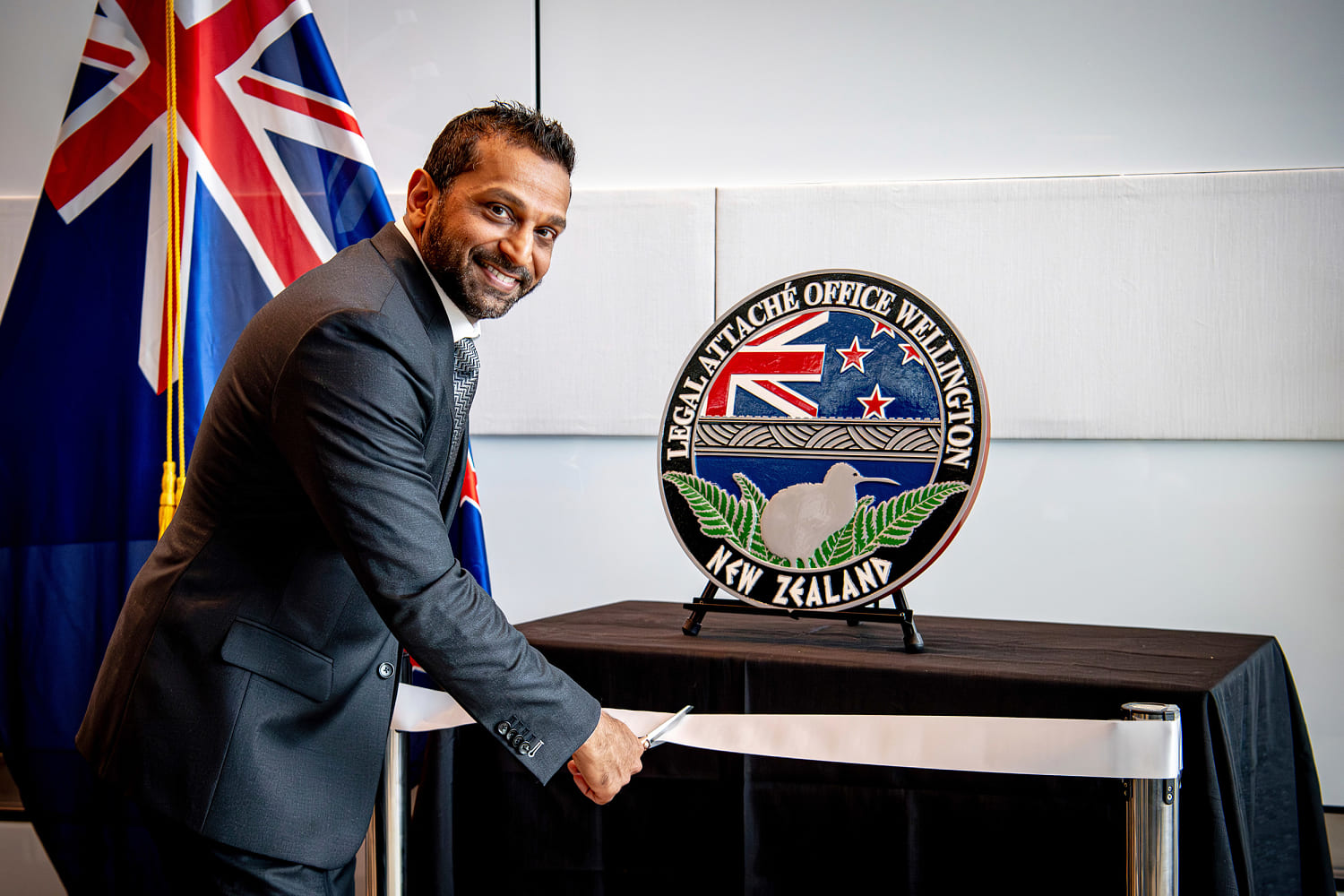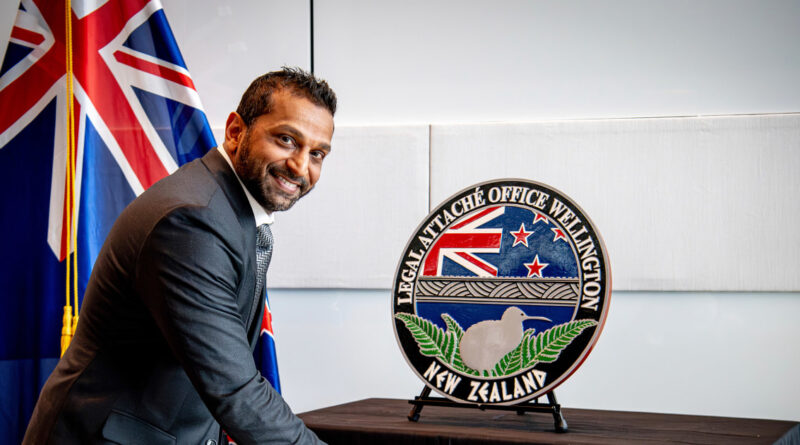FBI boss Kash Patel gave New Zealand officials inoperable but illegal 3D-printed guns

FBI Director Kash Patel gave “inoperable plastic 3D-printed replica” pistols deemed illegal to possess under New Zealand’s gun laws to at least three senior police, security and intelligence officials on a visit to the country earlier this year, law enforcement agencies in the country confirmed to NBC News on Tuesday.
Patel presented the guns to New Zealand Police Commissioner Richard Chambers; Andrew Hampton, the director-general of the country’s intelligence service; and Andrew Clark, the director-general of the Government Communications Security Bureau (GCSB), according to police and Hampton and Clark’s departments.
Patel traveled to the capital, Wellington, to open the FBI’s first standalone office in New Zealand on July 31.
The agencies did not say exactly how many people were presented with the gifts, which a spokesperson for the New Zealand Intelligence Community described as “a challenge coin display stand” of which the pistols formed “part of the design.”
Inoperable weapons that can be modified or amended to be made operable are illegal to possess under New Zealand law. An additional permit, beyond a regular gun license, is required to possess a pistol.
The maximum prison sentence for a person who illegally possesses a pistol in New Zealand is three years or a fine of 4,000 New Zealand dollars ($2,300). There is no suggestion Patel could be charged.
Chambers, in a written statement to NBC News, said he sought the advice of the country’s Firearms Safety Authority, the government body tasked with regulating lawful possession and use of firearms in New Zealand, one day after receiving the gift.
“While inoperable in the form they were gifted, a subsequent analysis by the Firearms Safety Authority and Police Armory determined that modifications could have made them operable,” Chalmers said.
“To ensure compliance with firearms laws, I instructed Police to retain and destroy them,” he added.
The spokesperson for the New Zealand Intelligence Community said Hampton and Clark’s gifts were also handed over to the country’s national police force.
New Zealand Police, NZSIS and GCSB did not answer NBC News’ enquiry regarding whether any of the recipients hold the relevant license required to possess a pistol.
The FBI declined to comment.
New Zealand tightened its gun restrictions in 2019, after an Australian man opened fire on worshipers at two Christchurch mosques, killing 51.
An inquiry into the attacks found that the attacker had been able to amass a trove of semiautomatic weapons, with authorities failing to enforce proper checks on firearms licenses. The sale of all types of semiautomatic weapons and assault rifles was subsequently banned.
Violent gun crime and gun ownership in urban areas across New Zealand is rare, with possession largely limited to those in rural areas for hunting and pest control purposes or among law enforcement, according to John Battersby, a senior fellow at the Centre for Defence and Security Studies at the country’s Massey University.
While New Zealand’s police are trained to use firearms and do have access to them, they often leave their weapons locked in their vehicles, he told NBC News in a telephone interview on Tuesday.
New Zealand’s approach to firearms is “fundamentally different” from the U.S., he said, noting that possession is not enshrined as a right in law.
“We don’t have a culture of any kind of acceptability of firearms in public places,” he said. “If anyone was seen with [a firearm] in any kind of normal, everyday context, the police would be called.”
In his visit in July, Patel opened the FBI’s first office in New Zealand, an attempt to counter China’s activities in the Indo-Pacific, bolster protection of the Five Eyes nations and crack down on cybercrime.
He is the most senior member of the Trump administration to visit New Zealand since the start of the president’s second term.





